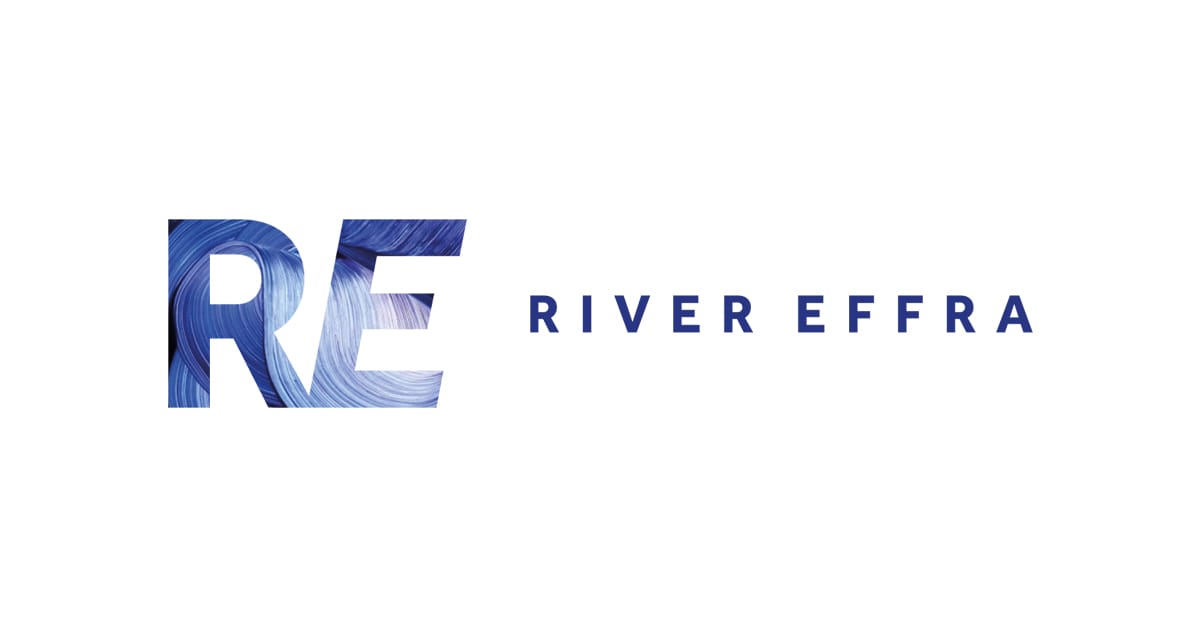By Tom Conway-Gordon – brand crisis specialist in the River Effra Expert Panel and former advisor to Adidas.
Two things spring immediately to mind when it comes to the reputational fallout to brands following Kanye West’s unacceptable comments that have torpedoed his reputation, tarnished his legacy irreparably and sent shockwaves around the globe.
The first is that in the great majority of reputational threats, or indeed serious crises, there is nearly always a warning, a ‘shot across the bows’ that precedes the more damaging, harmful or in the most unforgivable instances, fatal follow-on occurrence.
If we look at the case of Mr. West, there was in 2018 a warning sign of his tendency to be outspoken and offensive, when he made unacceptable reference to slavery being a choice, and latterly defended himself as ‘being attacked for presenting new ideas’. There was a furore back then too but 2018 seems like a long time ago now. His magnetic ability to attract major controversy however, is far from ‘boxfresh’.
Talking of sneakers, signing Mr. West was a major coup for Adidas back in 2016, especially given his previous dealings with Nike and the relationship between Ye and Herzogenaurach (Adidas Global HQ) delivered much success, giving Mr. West billionaire status and making Yeezy kicks monstrously covetable, and profitable (I myself even pined for a pair of Pirate Black 750s).
When it comes to securing the services and ‘appeal’ of global celebrities, brands generally appoint ambassadors to bring a new dimension, a fresh edge and/or new audience appeal to a specific product, or to the parent brand itself. Companies sometimes forget that when you sign such ambassadors, you bring ‘inside’ everything that they ever have said or done in the past, and more importantly, everything they will ever say or do in the future. Even when contracts end, or are terminated, the association will always remain. Additionally, the glow that a new ambassador brings to a certain product line will invariably shine on the overall brand in question – an additional bonus. On the flipside though, should that ambassador turn nefarious and cast shade and bring shame, the brand will certainly feel the effects of that too.
Which brings me to my second point, about how essential it is to be fully prepared to handle any and every eventuality when signing a brand ambassador, especially the kind with the global reach of someone like Kanye West. Of course, there would have been due diligence on the part of Adidas prior to securing Mr. West but as time went on and the money rolled in, perhaps the threat of things turning sour faded from view. After all, one rarely prepares for rain when the sun is beating down. Throw in a track-record for creating publicity for publicity’s sake, as well as previous, one could argue it was a case of ‘when’ not ‘if’, Mr. West would far overstep the mark.
This is why it is essential that companies and brands know the values they stand for, uphold them and do not enable flex when ambassadors cross the line. For when the power of revenue and profits crashes into questions of ethics and values, that is when brands most need to understand where their line is. Without a regularly updated reputational risk-assessment and playbook with what to do should one’s lucrative ambassador say things that are unacceptable, harmful and dangerous, and indeed every other possible negative scenario, global brands like Adidas, Balenciaga, GAP et alia (in this instance at least), will remain vulnerable to the full impact of the unexpected, even when it might not be so unexpected after all.
Thank you for reading. For more insights please visit our blogs directory and insights page.

